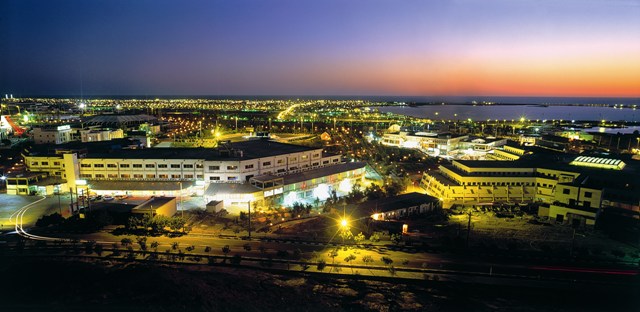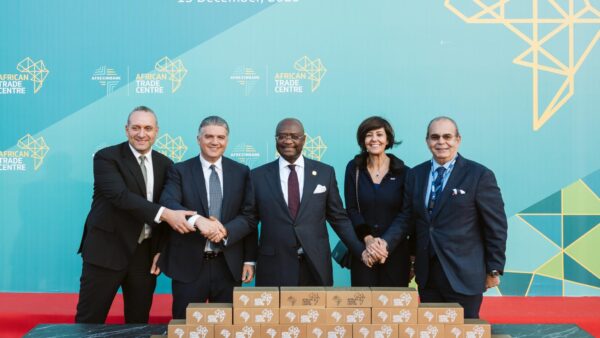Ali Akbar Salehi, the head of the Atomic Energy Organization of Iran (AEOI), has announced that Iran and China are to go ahead with a deal agreed last July to build two 1GW nuclear power plants on Iran’s southeast coast, a decision that is being hailed as the start of a new era in Sino-Iranian relations.
The two plants will be Iran’s first projects of this kind after the Bushehr nuclear plant, which was completed by the Russian nuclear engineer Rosatom in 2011. They will be located near the port city of Chabahar (pictured), close to Iran’s border with Pakistan.
Iran is the most reliable country in the region for energy since its energy policies will never be affected by foreigners– Iran’s Supreme Leader Ali Khamenei
The deal, which is reported to be worth $10bn, was finalised during President Xi Jinping’s visit to Iran last weekend, during which the two countries set a target of $600bn for their trade volume in 2026, a ten-fold increase on the present level.
Xi was accompanied by the Xu Dazhe, the director of China’s Atomic Energy Authority.
Salehi said the nuclear agreement, reached between Iran and China on 23 January, also included the modernisation of the Arak heavy water reactor and the construction of a number of 100MW power plants.
President Xi said nuclear cooperation between Tehran and Beijing would include cooperation over nuclear research.
All nuclear-related sanctions against Iran were lifted on 16 January – or Implementation Day, as it was called.

The power stations will be built near to Chabahar port in southeast Iran (Ksardar1395/Wikimedia Commons)
Iran already has a deal with Russia to build as many as eight nuclear reactors.
According to his official website, Iran’s Supreme Leader Ali Khamenei told President Xi: “Iranians never trusted the West. That’s why Tehran seeks cooperation with more independent countries like China.”
He added: “Iran is the most reliable country in the region for energy since its energy policies will never be affected by foreigners.”
Sino-Iranian relations have been boosted by China’s decision not to cut its purchase of Iranian oil during the period of sanctions, whereas South Korea and Japan yielded to US pressure and halved their imports of light sweet Iranian crude.
In an interview with the Tehran Times published on 23 January, Pang Sen, China’s ambassador to Iran, said he expected the two governments to sign agreements on solar energy, high-speed rail, irrigation systems and scientific research.
He added that Chinese firms would consider forming partnerships with Japanese, Korean and European rivals, as each had their distinctive “strong points”.
Top photograph: Chinese President Xi Jinping (right) with Iranian President Hassan Rouhani in Tehran, 23 January 2016. (Wang Ye/Xinhua)
Comments
Comments are closed.







It is an interesting article that demonstrate the weight of investments and new projects in the Middle East.